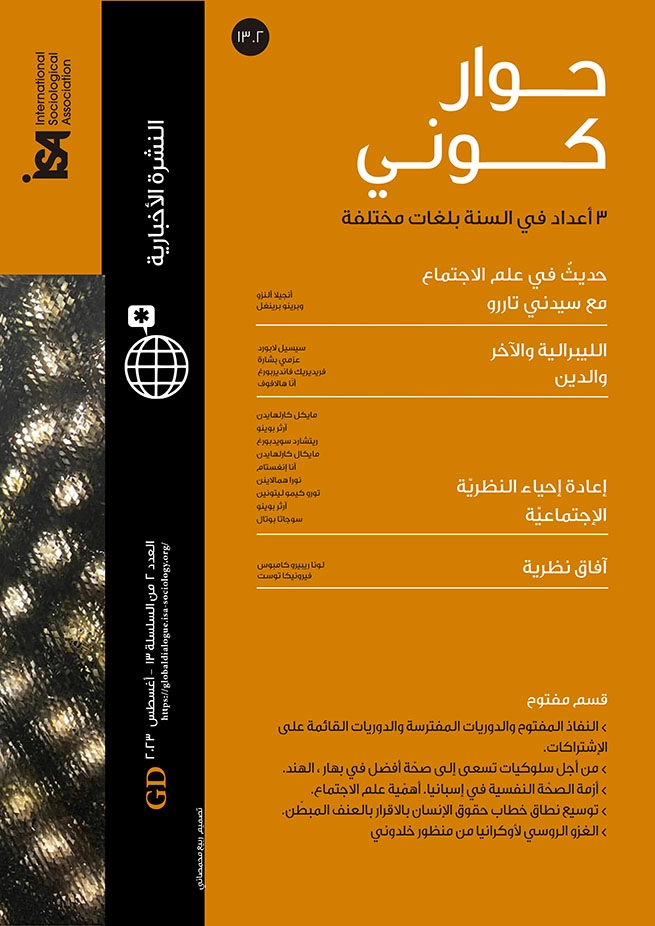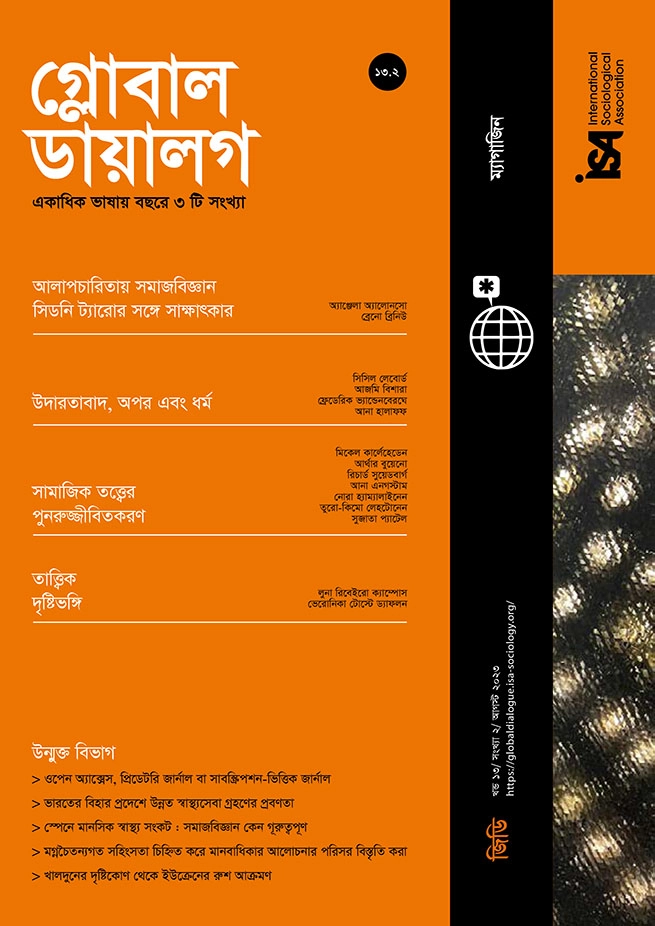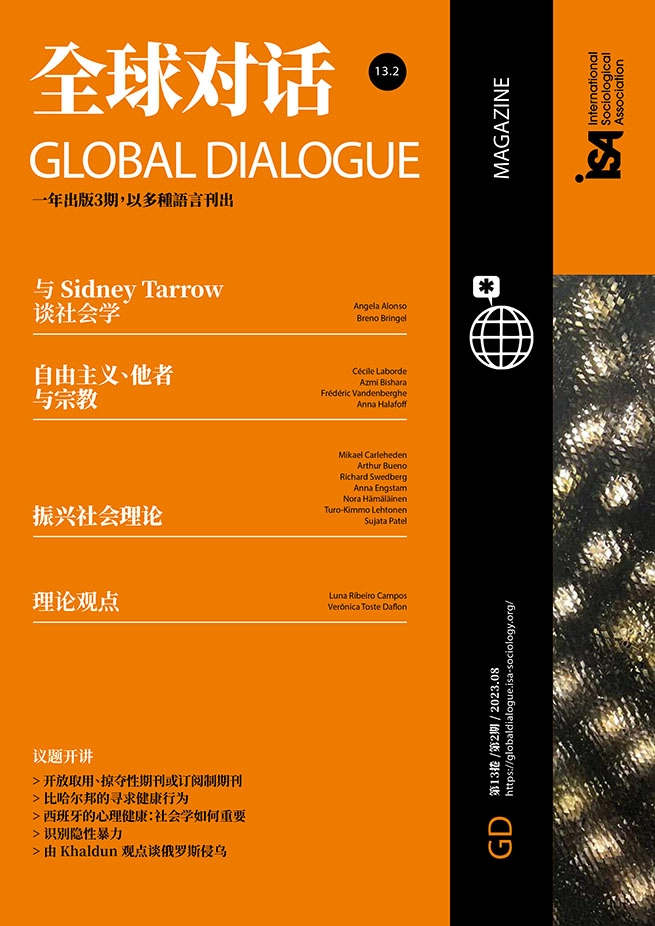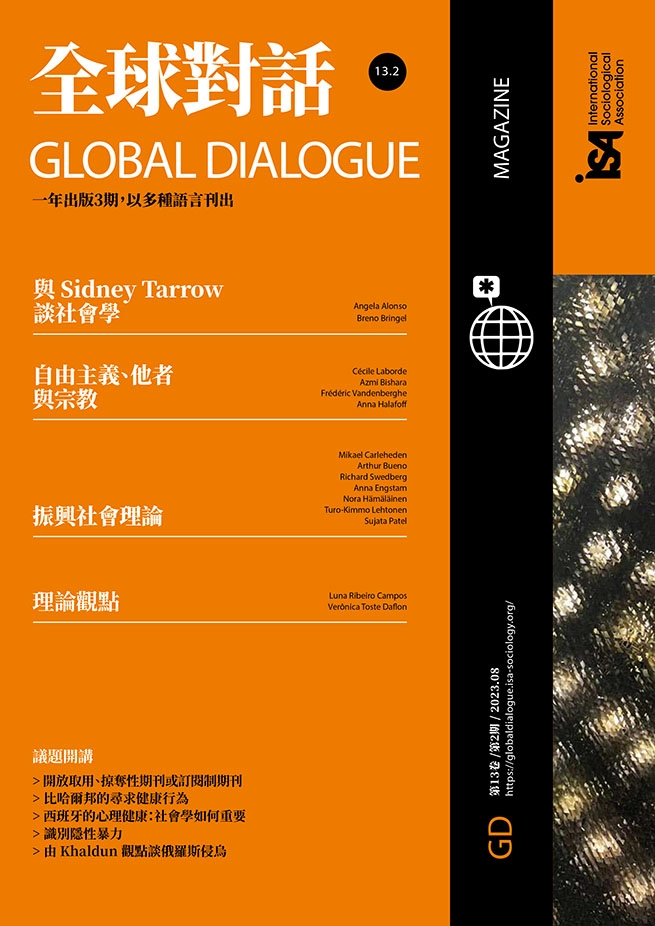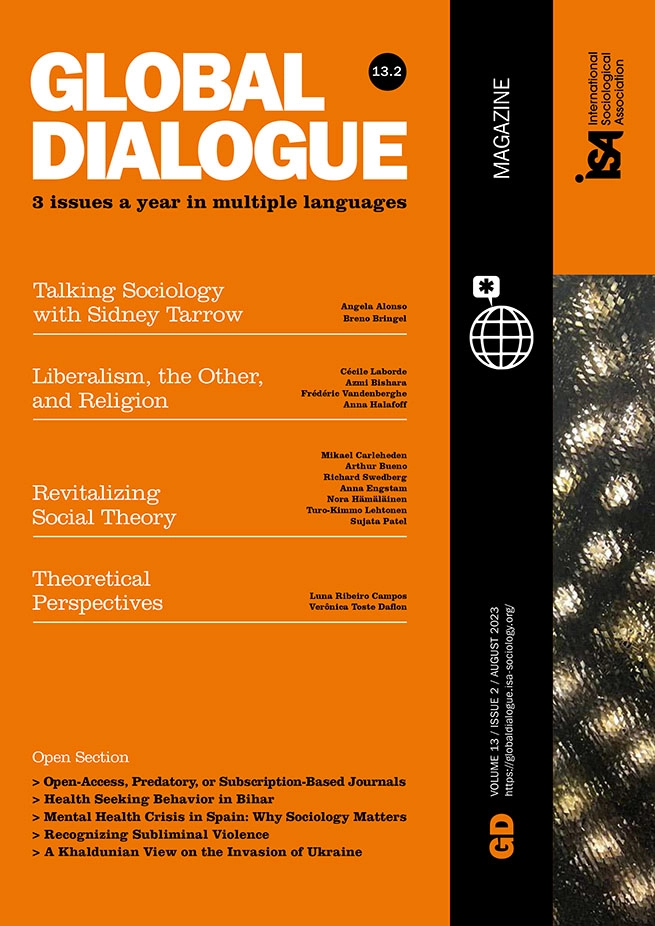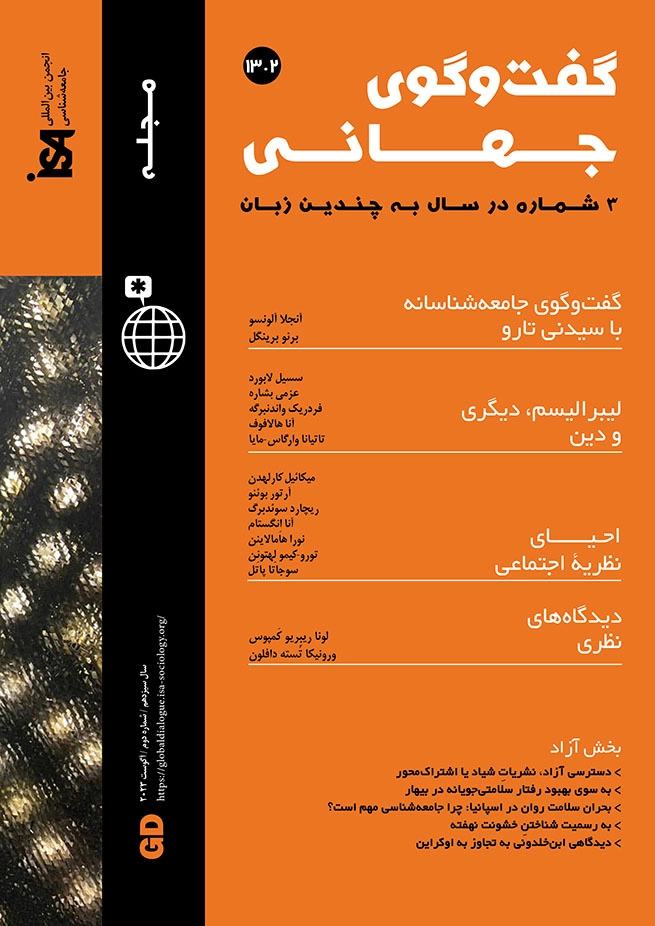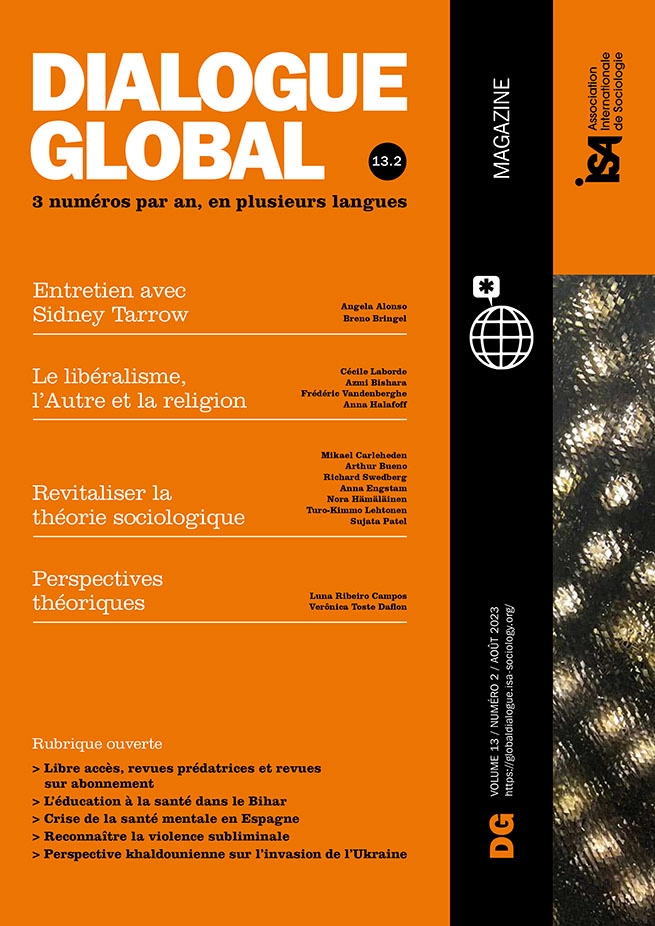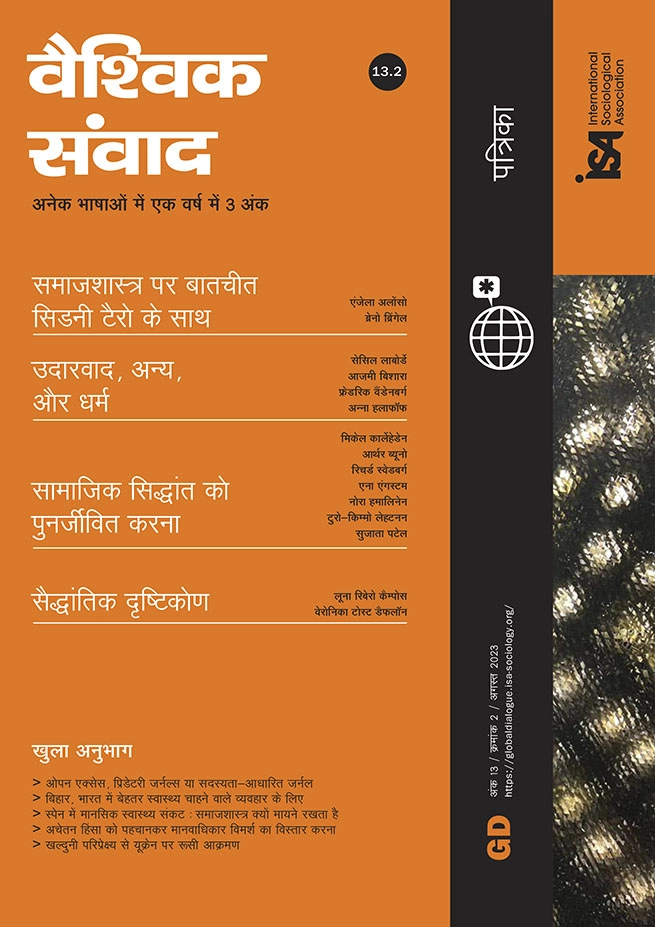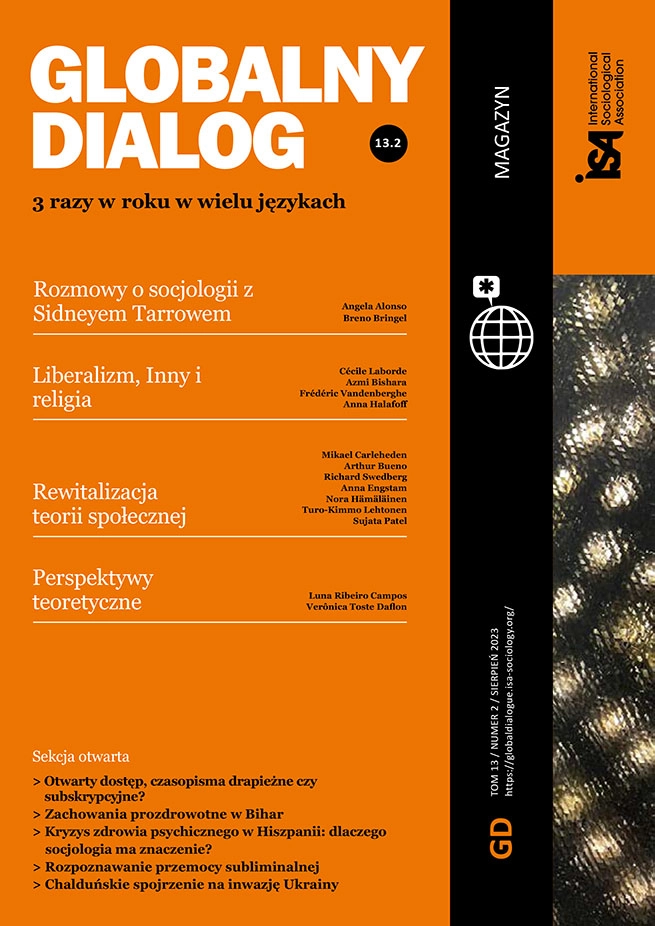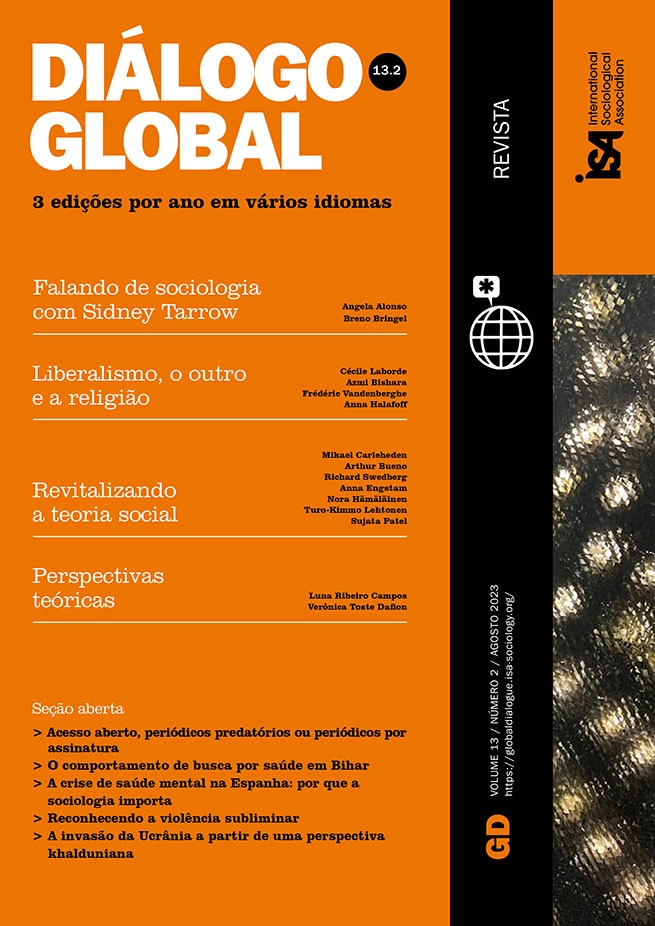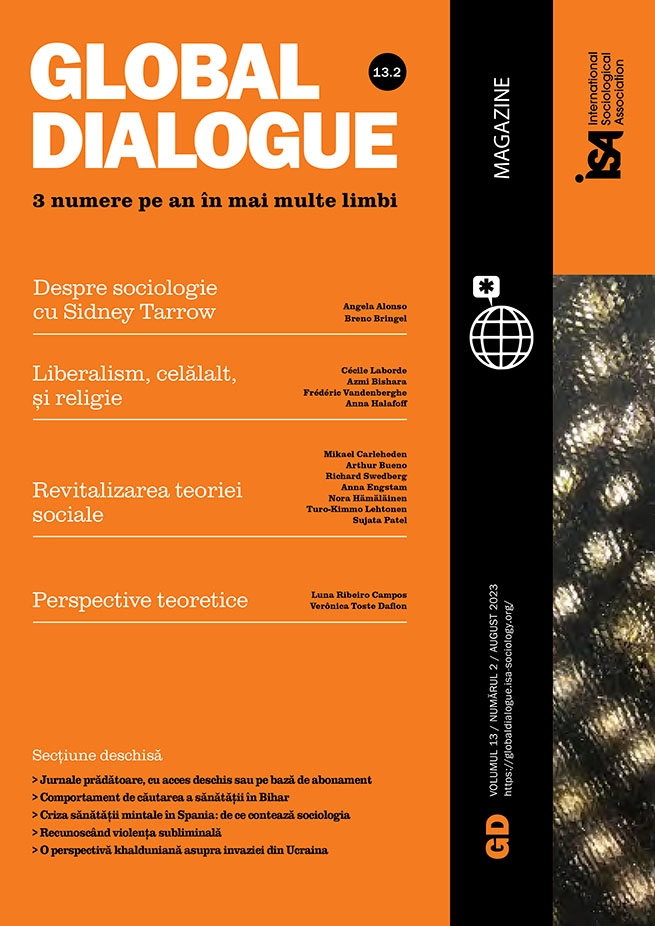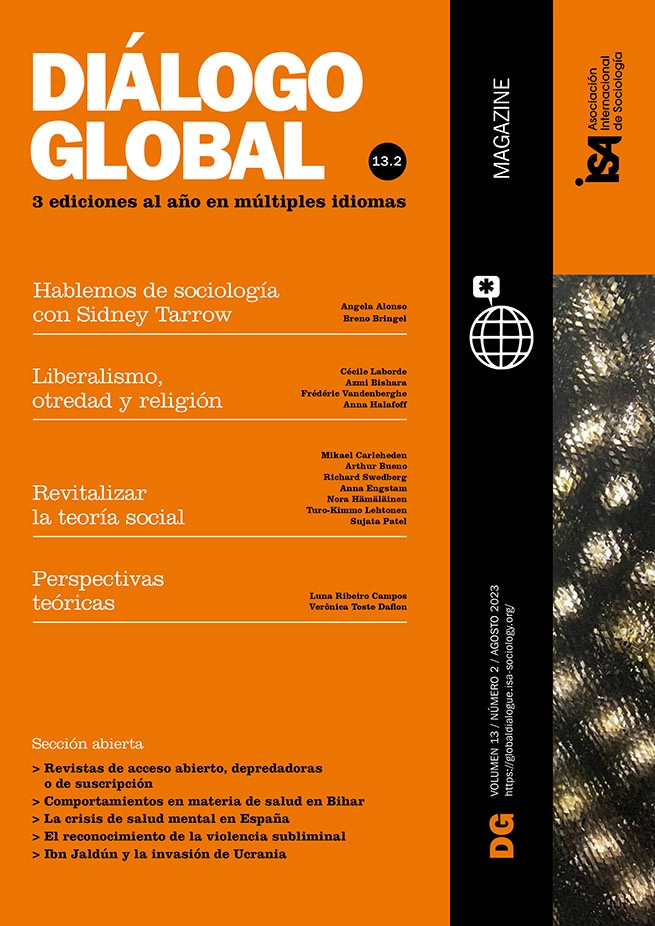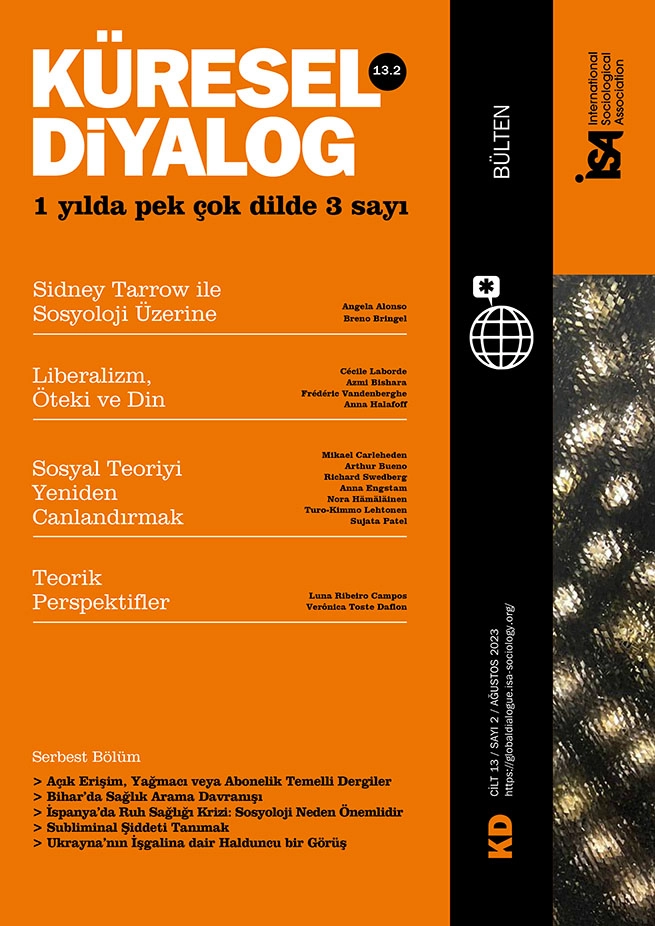Anti-colonial social theory draws its approach from a critical understanding of anti-colonial thought which grew and spread across the world through anti-colonial social movements. Anti-colonial thought assesses, in various ways, the constitution of hierarchies and domination/hegemony in colonial territories and thus is a proto-sociological analysis of the roles and interventions of “native” groups against colonialism. In order to do this, anti-colonial thought defines a method to debunk received ideas, principles, and assumptions that naturalize colonial domination within the colony and historizes the way such dominant/hegemonic knowledge grew in the colonizing countries. Additionally, it assumes that colonialism is a historical watershed and a marker of capitalist exploitation of peoples, regions, and territories and so it embarks on its search for a new episteme to comprehend the contemporary modernity defined by colonialism/imperialism.
The growth of a social theory based on anti-colonial thought is a recent phenomenon as, for a long time, social sciences had pushed the discussion on colonialism/imperialism and its relationship with modernity to the margins. However, since the late 70s and early 80s, as the label “sociological theory/ies” began to be increasingly replaced by another tag – “social theory” – perspectives related to anti-colonial social theory have emerged. This change occurred after the breakdown of sociology’s late-nineteenth-century positivist perspective, which assessed regularities, made law-like analyses, and used regression-based variable models to comprehend the “social.” While some scholars applied hermeneutics or interpretative and constructivist analysis, others suggested a need to historicize the discipline to comprehend whether the sociological classics and their canons are relevant in comprehending new modernities constituted within or outside Europe.
Original ontologies and methodologies to replace hegemonic logic and reasoning
Consequently, social theory can be perceived as a sociologically grounded philosophical reflection on and about meta-theories that explores their ontological–epistemological moorings. This formulation of social theory has led to the acceptance of the “normative” within sociology (Chernilo and Raza). Anti-colonial social theory, I would contend, is one of these normative trends that interrogates the relationship between knowledge, its fields, and its capitalist and colonial/imperialist moorings. It is a methodological intervention that debunks the use of dominant/hegemonic forms of logic and reasoning while searching for an original ontology that comprehends innovative ways of knowing and thinking. Because it identifies dominant/hegemonic thought as associated with capitalist colonialism’s exploitative and exclusionary processes of inequalities within the world, it presents us with a novel way of doing social sciences; it is the methodology of theorizing how to comprehend the politics of knowledge construction rather than elaborating what it is. Consequently, it interrogates sociologically the empirical, the theoretical and the “scientific unconscious” that organizes fields/disciplines to present a new alternative (Rutzou).
Given that colonialism made its marks in various regions from the sixteenth century on, leading to the growth of anti-colonial political struggles in distinct spaces and places, there have been many versions of proto-sociological anti-colonial thought and thus of anti-colonial social theory. These different methodological positions are: indigenous sociology, indigeneity, and indigenous methodology (Atal; Akiwowo; Smith); endogeneity and endogenous thought; extraversion (Hountondji); autonomous and independent sociologies (Alatas); subaltern theory, derivative nationalism, and colonial difference (Guha; Chatterjee); colonial modernity (Barlow; Patel); internal colonialism (Martin); coloniality of power (Quijano); border thinking and de-linking (Mignolo); southern theory (Connell; De Souza Santos); connected sociologies (Bhambra); and post-colonial sociology (Go). Undoubtedly, these different positions have unique attributes, but they also flag an imperative for a common denominator they share. I suggest that this common denominator is the affiliation of these approaches to an anti-colonial social theory as an ontological–epistemological perspective.
Where to start
Not only does anti-colonial social theory postulate methodologies for deconstructing dominant/hegemonic positions across various geographies, it also lays out steps to reconstruct them in new and novel ways in the context of global divisions of knowledge. It is a strategy for presenting ways to deconstruct institutionalized flows of knowledge circulation and reproduction. Its discussions help to reframe the fragmented field of global social theory by asserting that the differences do not indicate closure of the field. Instead, the perspectives mentioned above and their various avatars affirm a methodological assumption that the knowledge of the “social” is ideologically associated with the processes of colonial capitalism and represent contexts within colonizing time-spaces as these emerged as global dominant/hegemonic perspectives. They contend that contemporary social science theories need to be mediated and filtered through a theory of politics of knowledge production and that comprehending colonial/imperial geopolitics is a prerequisite to assess the theory of politics of knowledge production and modernity.
A contemporary critique of Eurocentrism is a starting point for building an ontology from an anti-colonial perspective. This implies, first, recognition of the power equation within the Eurocentric binary of the “I” and the “other.” Anti-colonial scholarship outlines ways to subvert this and find a new epistemic voice to define the “I.” This has led scholars to devise new methods to examine power/knowledge politics: endogeneity in the case of Paulin Hountondji, structuralist deconstruction of the archive in the case of Ranajit Guha, and Marxist historiography in the case of Aníbal Quijano. This search has also led to analysis of the impact of colonized power on the constitution of hierarchies within colonized territories. This can be seen in Guha’s distinction between the nationalist elite and the subalterns, and Quijano’s understanding of exploitation being organized in terms of class and race. Second, these perspectives defend a shift away from the linear theory of time/history and its theories of evolutionism. With colonialism, it is argued that an epistemic break occurs, and history needs to start from there. Consequently, most anti-colonial theories of modernity enunciated within colonized regions assess the colonial/imperial spatial connections that organize the flows of commodities, ideas, ideologies, and fields of knowledge between metropole(s), semi-peripheries, and peripheries of the world.
Examining the attributes of Eurocentrism
More particularly, contemporary anti-colonial social theory uses a combination of methodological strategies ranging from structuralism, post-structuralism, deconstruction with dependency theory, world-system analysis, and critical Marxist historical sociology to interrogate Eurocentrism’s attributes. Consequently, it has argued variously that dominant/hegemonic social sciences (a) are ethnocentric insofar as they project a superiority of the European experience of modernity, (b) universalize European historical and cultural patterns of modernity and thus promote path dependency, (c) sometimes partially reconstruct and sometimes efface non-European history to reproduce it through binaries that include racist, caste-ist, gendered, and other categories of hierarchies, (d) divide and create boundaries and borders between social sciences, and (e) promote an Orientalist way of looking at the non-European world.
Anti-colonial social theory affirms the need to map context, time, and space to organize research queries and methods, and to comprehend the processes, mechanisms, and events that impact action and actors in colonized and colonizing worlds. This social theory helps examine how to build substantive theories on modernity, confirm their relevance, investigate empirical data, and apply them to conduct an empirical study. As an investigation into philosophical assumptions of sociology, anti-colonial social theory can become the foundation of contemporary global sociology.
Sujata Patel, Retired Professor, University of Hyderabad, India, and 2021 Kersten Hesselgren Visiting Professor, Umea University, Sweden <patel.sujata09@gmail.com>







